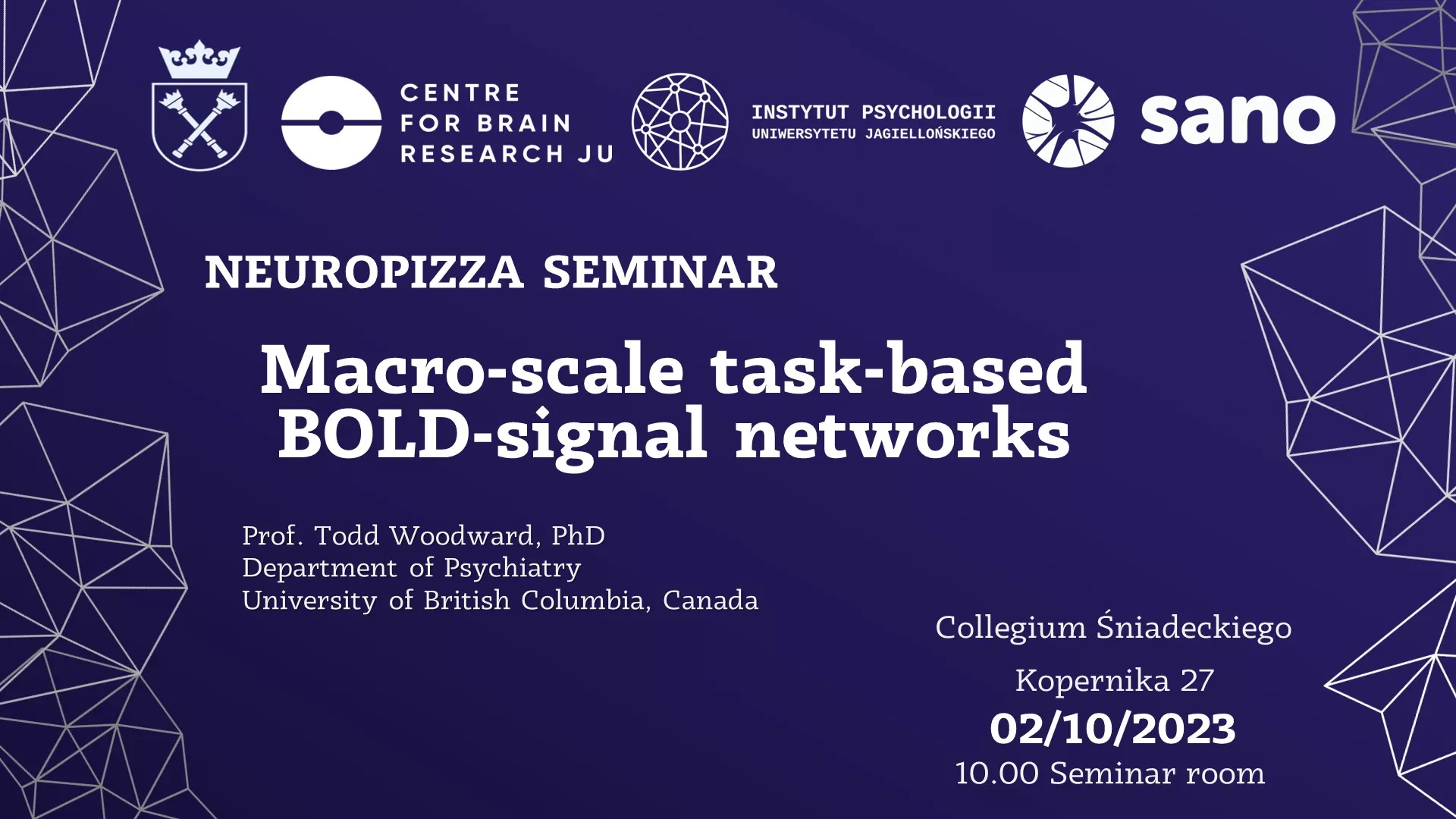
Macro-scale task-based BOLD-signal networks
Abstract
Functional Magnetic Resonance Imaging (fMRI) provides information about the flow of blood-oxygen-level-dependent (BOLD) signal in the brain. The fact that BOLD signal flow forms into reliable configurations is well established, referred to as macro-scale BOLD brain networks. fMRI data can be collected either with or without the timing of defined events taking place during scanning being known and recorded. If such timing information is available, it can be used to constrain the BOLD signal variance exclusively to that which is predictable from this timing information. When timing information from cognitive tasks is used, this constrained variance can be submitted to a dimensional analysis which produces macro-scale BOLD brain networks which span many tasks, and their response to a wide range of task conditions can be studied to determine the cognitive functions which elicit the specific configurations. For example, in the relevant brain networks, the difference between long and short maintenance periods in working memory should be visible in the duration of the BOLD response, as should the duration of hallucination events. Four examples of cognitive functions which elicit specific configurations are (1) maintenance of attention to internal representations, (2) extraction of linguistic or emotional meaning, (3) auditory perception, and (4) re-evaluation of a response. Symptoms of schizophrenia are related to the hypo- or hyper-activation of specific networks under specific task conditions. This application of fMRI could be used for pre-surgical planning, or as targets for neuromodulation, depending on the degree to which these BOLD signal configurations match neural configurations and are reliably retrievable on the level of a single-subject.
About the author
Dr. Todd Woodward is a Professor in the Department of Psychiatry at the University of British Columbia, Canada, Research Scientist at BC Mental Health and Substance Use Services (BCMHSUS) Research Institute, Director of the UBC Cognitive Neuroscience of Schizophrenia Laboratory (CNoS) and the UBC Brain Dynamics Laboratory. His research is focussed on task-based functional brain imaging and fMRI and applied multivariate statistics for study of the overlap between two sets of variables, with these paths converging on the study of the overlap between cognition and symptoms in schizophrenia at the level of brain networks. To date Dr. Woodward has published over 180 peer-reviewed research manuscripts.

